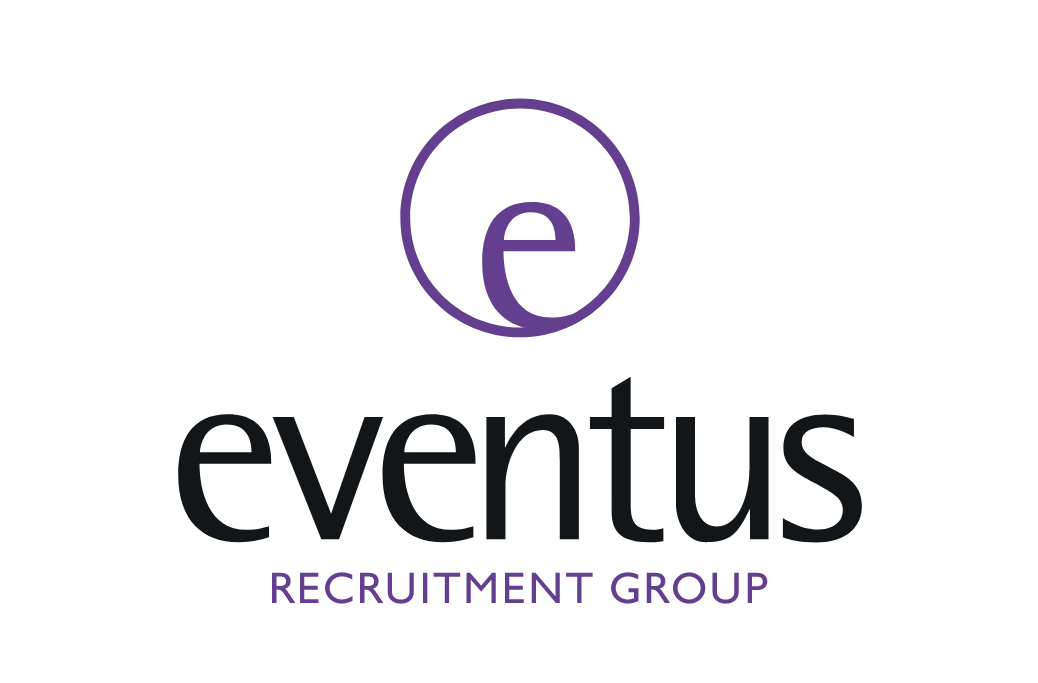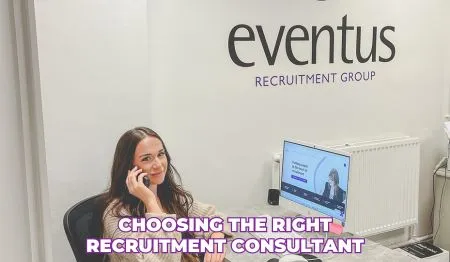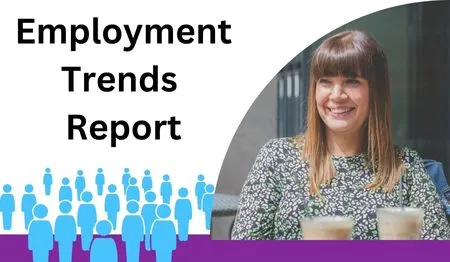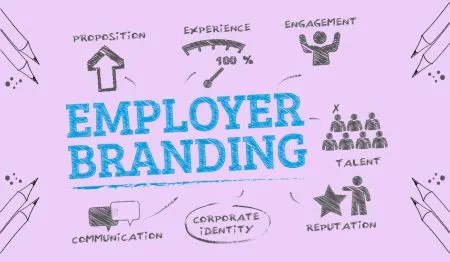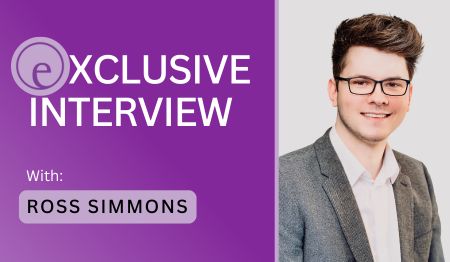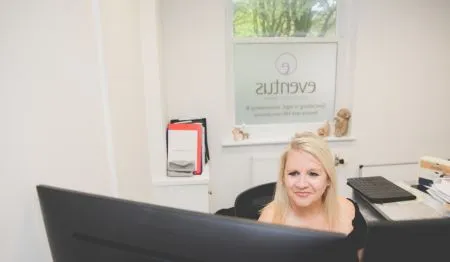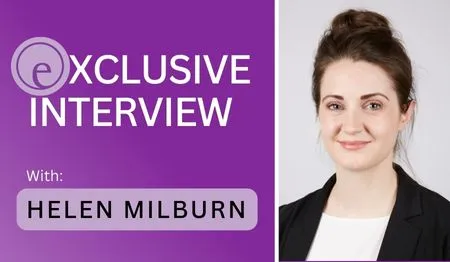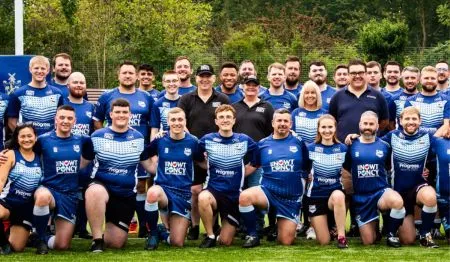How to find your perfect recruiter to support your job search
Navigating any market in today’s times can be challenging, due to ever changing demands and regulations. At Eventus Recruitment, we are specialists in legal, legal finance, and financial services recruitment. We help countless professionals with their job search and find roles that align not only with their skills but with their broader career ambitions. Here’s why partnering with a specialist recruiter could be the key to unlocking your next opportunity.
1. Recruiter's Expertise and Personal Insight
Developing an area of expertise, recruitment consultants are able to gain a comprehensive understanding of the market landscape, key players, and local trends. Recruiters that specialise in a specific area are able to access unique insights into companies hiring plans and their company culture. This enables the recruiter to support your job search and match you completely to a job role.
2. A Personalised Approach to Your Career
By building long lasting relationships with you, it ensures that your recruitment consultant can work closely with you to gain an understanding of not only your professional qualifications, but also your career aspirations. Strong recruiters will take the lead in your job search and spend the time getting to know you properly. This means they learn more about you than just what you want out of your next role. It is important for recruiters to take the time to tailor career opportunities to your goal. A good recruiter ensures the roles presented to you align with where you want to go in your career.
At Eventus Recruitment, we pride ourselves on establishing these long-term partnerships and take time to get to know you completely. Thus, we can be thorough in helping with your job search.
3. Open and Honest Communication from Recruiters
In the competitive sectors, transparency is essential. Your recruitment consultant needs to be committed to giving you clear, honest feedback throughout the process. Whether it’s preparing for interviews or managing negotiations, you always need a clear understanding of where you stand. This ensures that, together, you and your consultant make informed decisions at every step of your journey.
Transparency is one of our core values at Eventus Recruitment, being open in everything we do. Upfront about the way we work, we are a reliable service to those on their job search.
4. Exclusive Opportunities You Won't Find Elsewhere
Top recruitment consultants are able to develop extensive networks within your region. These networks include relationships with local firms and hiring managers. Thus, opening access to opportunities before they’re advertised, and jobs that might not always be advertised. By building strong relationships with local firms, your recruitment consultant can spot roles perfectly matched to your skills and aspirations. Additionally, your recruiter will be able to get you in ahead of your competition who lack these networks.
5. A Focus on Long-Term Cultural Fit
It’s not just about finding a job; it’s about finding the right firm where you can thrive. Placing strong emphasis on understanding your preferred working culture and matching your values is essential for finding your perfect role. Firm culture can vary widely, so it’s important for your recruiter to take the time to find a fit that works both professionally and personally. Good recruiters will have long-standing relationships with firms in your region. Consequently, they will thoroughly understand their company culture, values and team structure. As a result, these recruitment consultants will be able to advise which firms would be right for you once they’ve got to know you and your career aspirations.
6. Focused and Personalised Representation from Recruitment Consultants
Rather than having multiple consultants flood the market with your CV, a much more measured approach is required in a successful job search. By choosing a recruitment consultant who works closely with firms, your profile is presented with care and consideration, giving you the best chance to secure the perfect role. Resultantly, this strategy protects your professional reputation and avoids the negatives of overexposure to employers. However, we suggest that you don’t work with too many recruiters at the same time. So, that you avoid your CV being sent to the same companies and making you look desperate.
Keep track of where recruiters send your CV
It’s important that you know which firms your recruiter sends your CV to, in order to avoid repetition. A good recruiter will always discuss the firms with you first and ask your permission before sending your CV. If a recruitment consultant sends your CV to a firm without your permission, this a red flag.
Here, at Eventus Recruitment, we always have a discussion and ask for your written permission before we send your CV to firms.
7. Strategic Market Insights Tailored to You
This is much more than providing just job leads. Demonstrating commercial awareness and offering insights into what’s currently happening in your industry and area is key from recruitment consultants. From salary expectations to firm growth trends, recruiter’s advice should be grounded in local market knowledge, to excel your job search. This helps to prepare you for interviews, going into them with total knowledge about the market. Also, it positions you to make informed decisions that suit your long-term career objectives.
8. Recruiters Offer Vital Support Throughout Your Job Search
Recruiters should be taking the lead in your job search and essentially take away the hard work for you. At Eventus Recruitment, we can help with CV writing, tailored career advice, interview preparation, managing negotiations with firms such as salaries, benefits, and start dates. By having a recruiter do this for you, it saves you time. Your recruitment consultant can represent you to firms to a high standard, putting you above other candidates. It’s important that you get a good recruiter who will put 100% into your job search and is in it for the long haul, instead of just wanting a quick placement.
9. Your Career Is Our Priority
Passion for helping professionals progress and succeed is the key for you finding the right recruiter. Guarantee success in your job search by ensuring your recruitment consultant is in it for the long term as much as you are. Every step of your journey, they should be there to support you – from the initial conversation to negotiating the final offer and beyond. This is exactly how we support you at the Eventus Recruitment Group. Our goal is to ensure that the move you make is the right one for you, both now and in the future.
Conclusion
Choosing the right recruitment consultant can make all the difference in your job search and securing your next role. With a personalised, thoughtful approach and in-depth local knowledge, Eventus Recruitment are here to ensure your next career move is the right one. Whether you’re actively seeking a new role or just exploring your options, having a recruiter who understands your aspirations and the regional market is invaluable. Feel free to contact us here, and we are more than happy to discuss your options, offer you advice, or whatever else you may need.
Written by Nikki Phillips, Senior Recruitment Consultant at The Eventus Recruitment Group.

